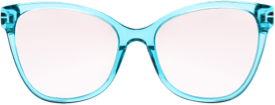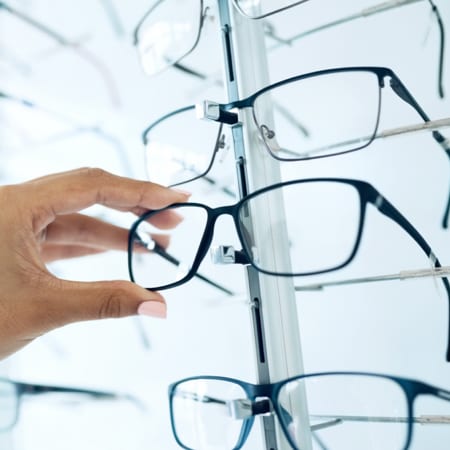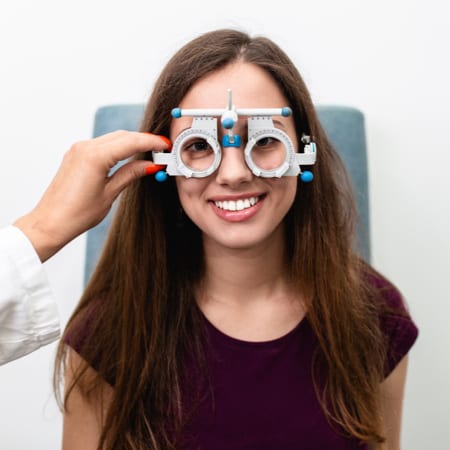Preserve Your Vision with Regular Eye Exams
At Woodstock Vision Care, we’re dedicated to protecting your visual health through regular eye exams. We firmly believe that consistency is the key to maintaining healthy eyes, and our team is committed to providing comprehensive eye care to our valued patients.
Book an appointment with us online today, or give us a call to see when your next appointment should be.

When to Schedule Your Eye Exam
Regardless of age, routine visits to the optometrist play a crucial role in monitoring your visual health. In alignment with the recommendations from the Canadian Association of Optometrists, we advise the following:
- Adults (20–64) should have an eye exam every two years.
- Seniors (65+) are encouraged to have an eye exam every year.
For individuals with specific risk factors related to vision problems and eye diseases, our team may suggest a customized eye exam schedule tailored to your unique needs.


Why Regular Eye Exams Matter
Aging is a natural process that brings about changes in our eyes. However, certain age-related conditions like presbyopia or cataracts can significantly impact your vision over time.
Regular eye exams serve as a proactive approach to monitor these changes, ensuring that your prescription is up-to-date and addressing any emerging concerns.
What to Expect During Your Eye Exam
During your comprehensive eye examination, our team will delve into your medical history and discuss any family history of eye diseases or vision issues. Following this, a series of tests will be conducted to assess the health of your eyes and determine your prescription.
If any indications of eye diseases or vision-related conditions are identified, rest assured that we won’t leave you uninformed. We’ll collaborate with you to create a personalized treatment strategy, taking into consideration your lifestyle, budget, and specific vision needs.
Dilated Eye Exams
To enhance our ability to detect early signs of eye diseases, we may offer or recommend a dilated eye exam during your annual visit. This involves the use of eye drops to widen your pupils, allowing for a more thorough examination. Dilated eye exams aid in the early detection of conditions such as diabetic retinopathy, glaucoma, and age-related macular degeneration (AMD).
We advise arranging transportation with friends or family after a dilated eye exam, as it may temporarily affect your up-close vision for a few hours.
Schedule Your Next Eye Exam Today
Our eye exams are not only informative and thorough, but tailored to meet your individual needs. When was the last time you had an eye exam? Take the first step toward optimal vision and book your next appointment with Woodstock Vision Care today.















